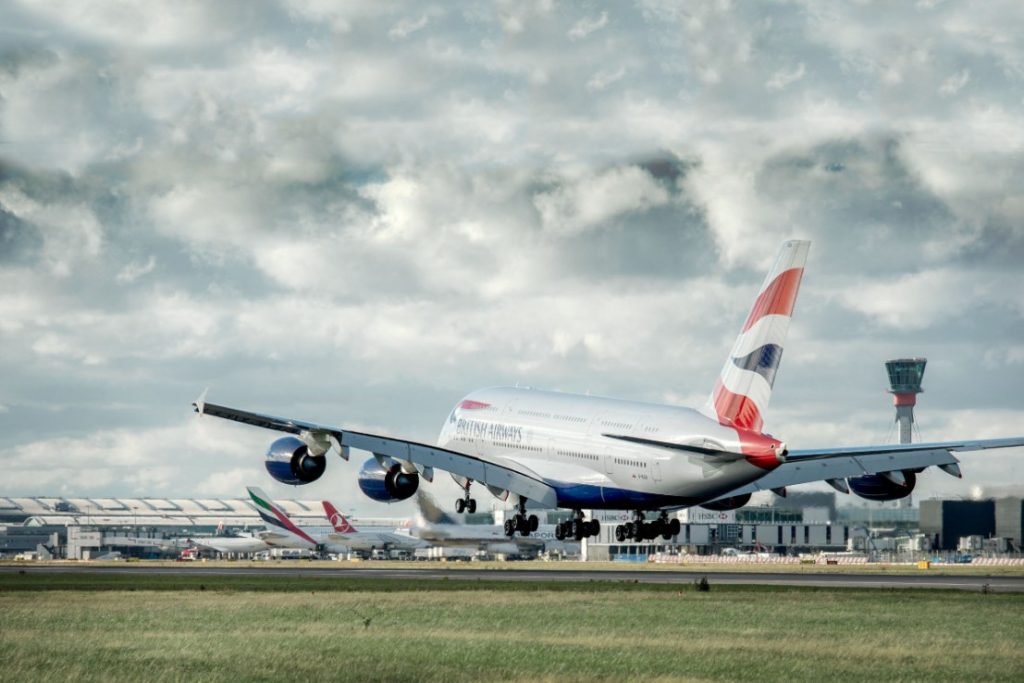Technical Glitch Grounds Departures Across London Airspace
On Wednesday afternoon, London’s major airports were forced to halt departures after a “technical issue” struck the UK’s air traffic control provider, National Air Traffic Services (Nats). The breakdown occurred at Nats’s Swanwick centre in Derbyshire, leaving passengers stranded at Heathrow, Gatwick and City Airport during one of the busiest periods for holiday travel.
Nats Strives to Restore Normal Operations
Nats issued its first statement shortly after the disruption began, confirming that it had implemented safety measures by limiting the number of aircraft permitted to depart from London airports. Safety was emphasised as the organisation’s “first priority”. Flight radar services vividly showed aeroplanes holding long before takeoff and, in some cases, diverting away from London’s controlled airspace.
By 4:30pm, Nats announced that it had identified and fixed the fault, stating:
- “We continue to work closely with airline and airport customers to minimise disruption.”
- “We apologise for any inconvenience this has caused.”
However, Gatwick warned that delays would persist as flights gradually resumed. City Airport indicated that certain services would be “subject to cancellation”, prompting travellers to check with their airlines for up-to-the-minute information.
Ryanair’s COO Brands Nats Leadership “Incompetent”
Ryanair’s chief operating officer, Neal McMahon, lashed out at Nats and its chief executive, Martin Rolfe. McMahon described the incident as “outrageous” and accused Rolfe of failing to learn from past outages, notably the high-profile system outage in August 2023. He demanded:
- Rolfe’s immediate resignation “to deliver urgent reform” of Nats’s “shambolic air traffic control service”.
- Intervention by UK Transport Minister Heidi Alexander to remove Rolfe if he refused to step down.
McMahon claimed that “thousands of passengers’ travel plans have been disrupted” once again due to Nats’s “incompetence”, echoing long-standing frustrations among budget carriers over air traffic control reliability.
Industry-Wide Impact and Global Backlog
The glitch at Swanwick has ramifications far beyond three London airports. Aviation analytics firm Crium reported that 3,080 departures were scheduled from UK airports on Wednesday, meaning a vast number of flights faced delays or cancellations. Meanwhile, Eurocontrol, Europe’s air traffic monitoring NGO, warned of knock-on effects across the continent, with disrupted schedules creating a backlog that could ripple worldwide.
Major carriers such as British Airways and Virgin Atlantic also cautioned customers to expect hold-ups. In recent weeks, airlines have highlighted staffing shortages at European air traffic units and poor weather as additional contributors to rising delay statistics: Airlines for Europe noted that merely 56% of flights departed on time in the first week of July.
Government’s Response and Passenger Advice
Transport Secretary Heidi Alexander acknowledged the disruption, confirming to City A.M. that systems at Nats had been restored but that “continued disruption is expected”. She urged travellers to:
- Monitor their flight status directly with airports and airlines.
- Plan for potential cancellations or extended waiting times.
Alexander’s office emphasised the government’s commitment to aviation safety, yet acknowledged that punctuality challenges persist.
Compensation Rights Amid ATC Failures
Under UK and EU regulations, passengers affected by long delays or cancellations may be entitled to financial compensation. However, air traffic control system failures occupy a grey area in eligibility rules. Consumers are encouraged to check their rights but advised that ATC issues “beyond airline control” could limit compensation claims.
Despite this uncertainty, many affected travellers are seeking refunds or rebooking options, while low-cost carriers brace for compensation requests. The economic fallout extends to increased operational costs for airlines, from runway slot reallocations to crew time overruns, further squeezing margins in an already challenging environment.
Looking Ahead: Reform and Resilience
Nats’s clout in maintaining safe skies is indisputable, but repeated service interruptions have sparked calls for more robust contingency measures. The aviation sector and regulators may now face pressure to:
- Implement redundant systems or decentralise critical control functions.
- Boost recruitment and training to shore up staffing levels at centres like Swanwick.
- Develop clearer protocols for passenger rights when ATC faults arise.
As London airports work to clear the backlog and resume normal schedules, the incident serves as a stark reminder of aviation’s delicate infrastructure—where a single technical glitch can ground thousands and leave holidaymakers facing uncertainty at the airport gates.
